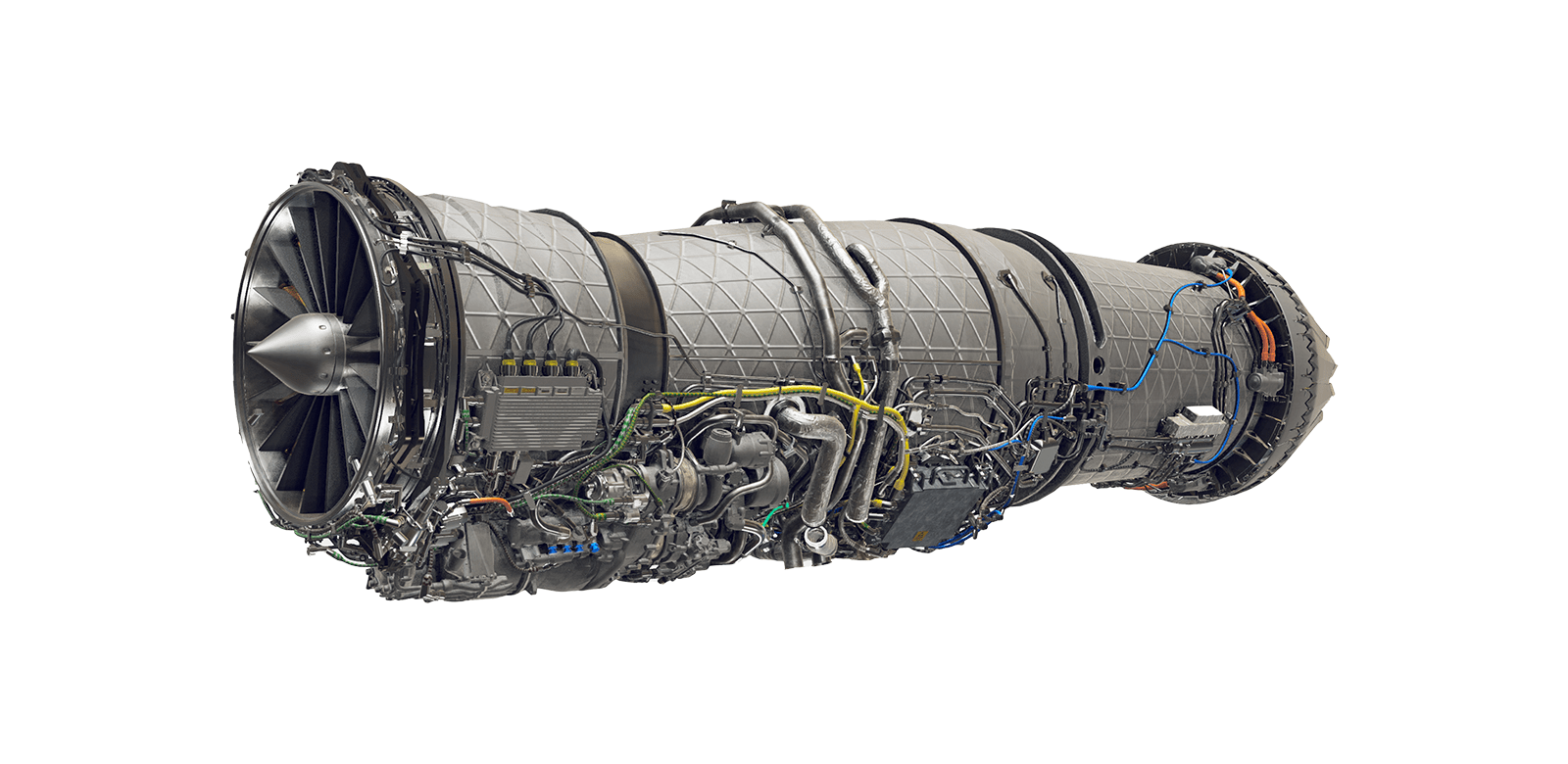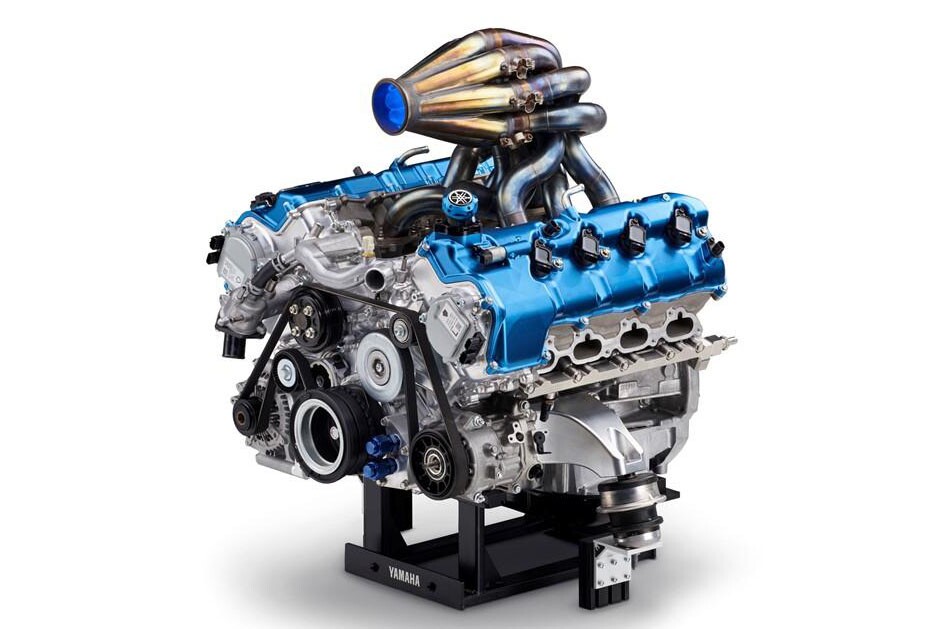The Impact of Cutting-edge Engine Technologies on Energy Efficiency and Environmental Sustainability
In the world of transport and commercial equipment, the constant mission for enhanced energy effectiveness and decreased ecological impact has led to substantial advancements in engine innovations. From the gradual change in the direction of electric and hybrid systems to the combination of turbocharging for boosted efficiency, the landscape of engines is advancing rapidly.
Advancement of Engine Technologies
The development of engine modern technologies over the years has actually been noted by continuous development and improvement in search of enhanced efficiency and effectiveness. From the early days of internal burning engines to the innovative crossbreed and electric powertrains of today, the development of engine modern technologies has been driven by a ruthless quest for improved fuel effectiveness and minimized emissions.
One significant turning point in this advancement was the growth of turbocharging and direct shot systems, which dramatically increased engine power outcome while boosting gas performance. These innovations allowed for smaller sized, much more lightweight engines that can supply the performance of larger ones without jeopardizing on effectiveness.
Additionally, developments in products science have caused the widespread adoption of light-weight materials such as aluminum and carbon fiber in engine construction. This has not just reduced overall automobile weight yet has actually also boosted engine effectiveness by reducing energy losses connected with inertia and rubbing.
Benefits of Electric and Crossbreed Equipments
With the growing concentrate on sustainability and energy performance, what advantages do hybrid and electrical systems offer in the realm of engine technologies? Electric and hybrid systems existing numerous benefits that add to a more lasting and energy-efficient future. One of the main benefits is the considerable decrease in greenhouse gas emissions contrasted to typical inner burning engines. Electric cars produce zero tailpipe emissions, leading to enhanced air quality and reduced ecological impact. In addition, electric and hybrid systems are more energy-efficient, converting a greater portion of kept energy right into propulsion compared to traditional engines. This effectiveness causes lower energy intake and operating expense over the lorry's lifetime. Furthermore, electrical automobiles use regenerative braking systems that keep and catch energy generally shed throughout braking, better improving energy effectiveness. Hybrid systems combine the benefits of electric propulsion with the flexibility of a burning engine, giving expanded lowering and driving ranges range stress and anxiety for consumers transitioning to electrical vehicles. Generally, electrical and hybrid systems play an essential duty beforehand energy efficiency and environmental sustainability in the transport market.
Turbocharging for Improved Effectiveness
Cutting-edge engine innovations like hybrid and electric systems have led the way for improvements in lorry efficiency, with turbocharging becoming a vital method for enhancing total efficiency and sustainability. Turbocharging jobs by making use of a wind turbine to force more air into the combustion chamber, enabling for far better fuel combustion and raised power output without a considerable rise in engine dimension. This process, referred to as forced induction, makes it possible for smaller, more fuel-efficient engines to create power levels comparable to larger ones. By maximizing the effectiveness of the combustion procedure, turbocharged engines can achieve better fuel economic situation and decreased emissions, adding to ecological sustainability. Additionally, turbocharging improves engine responsiveness, giving vehicle drivers with a much more vibrant driving experience. The extensive adoption of turbocharged engines in both gas and diesel vehicles shows their efficiency in stabilizing efficiency, efficiency, and ecological effect. As auto producers remain to fine-tune turbocharging innovation, its function in advertising power performance and sustainability in the transport market is anticipated to grow further.
Harnessing Different Gas
Harnessing different fuels provides an appealing method for lowering carbon exhausts and expanding the power resources utilized in transport. As the world aims to combat climate adjustment and decrease dependency on fossil fuels, alternative gas have gotten significant attention for their prospective ecological and economic benefits.
Biofuels, such as ethanol and biodiesel, are derived from eco-friendly sources like corn, algae, and sugarcane, offering a cleaner burning choice to go to these guys standard gasoline and diesel. These gas can be blended with existing petroleum gas or made use of in specialized engines, giving a path to reduced greenhouse gas exhausts and improve air high quality.
Additionally, hydrogen fuel cells have become an encouraging innovation for zero-emission transport. engines for africa. By converting hydrogen gas right into electrical energy to power electric motors, fuel cell automobiles produce only water vapor as a byproduct, removing dangerous tailpipe exhausts totally
Along with lowering carbon emissions, alternative fuels can additionally improve power protection by expanding the fuel mix and decreasing dependence on imported oil. Embracing different fuels in transport is an essential step towards attaining a much more sustainable and eco-friendly future.

Future leads and ecological benefits
Alternate gas, such as biofuels, hydrogen, and electrical energy, offer considerable environmental benefits compared to standard fossil gas. In addition, alternate fuels can assist branch out energy resources, enhancing power safety and minimizing dependence on finite sources.
Improvements in technology continue to enhance the efficiency and cost of different fuel cars, making them more easily accessible to consumers. By welcoming alternate gas and innovative modern technologies, the course towards a much more sustainable future ends up being significantly attainable.

Conclusion
In conclusion, ingenious engine modern technologies have played a vital role in boosting energy efficiency and promoting environmental sustainability. The development of engine innovations, fostering of hybrid and electrical visit homepage systems, use of turbocharging, and browse around these guys exploration of alternative gas have all contributed to increasing and lowering discharges effectiveness.
In the world of transportation and industrial machinery, the continuous pursuit for boosted power effectiveness and decreased environmental impact has actually led to substantial innovations in engine innovations. Turbocharging works by making use of a turbine to require more air right into the burning chamber, enabling for better gas burning and increased power output without a substantial increase in engine size. By maximizing the efficiency of the combustion process, turbocharged engines can attain better fuel economic situation and lowered exhausts, contributing to ecological sustainability. Alternative fuels, such as biofuels, hydrogen, and electrical power, deal considerable ecological advantages contrasted to typical fossil gas. The evolution of engine innovations, fostering of hybrid and electric systems, use of turbocharging, and expedition of alternative fuels have all added to raising and decreasing discharges effectiveness.